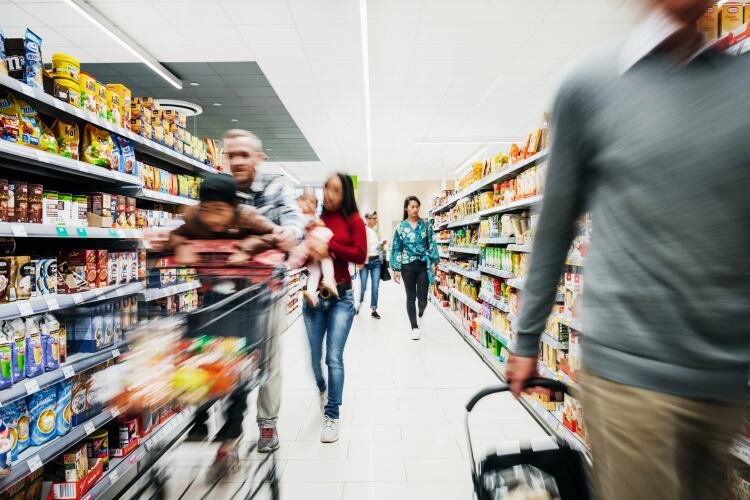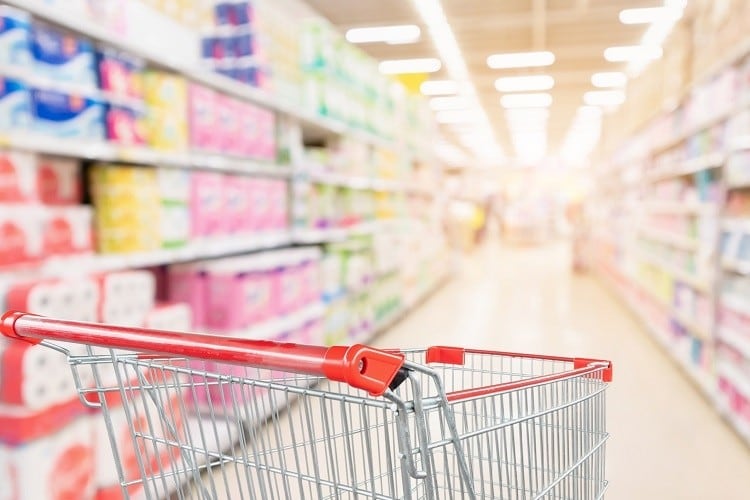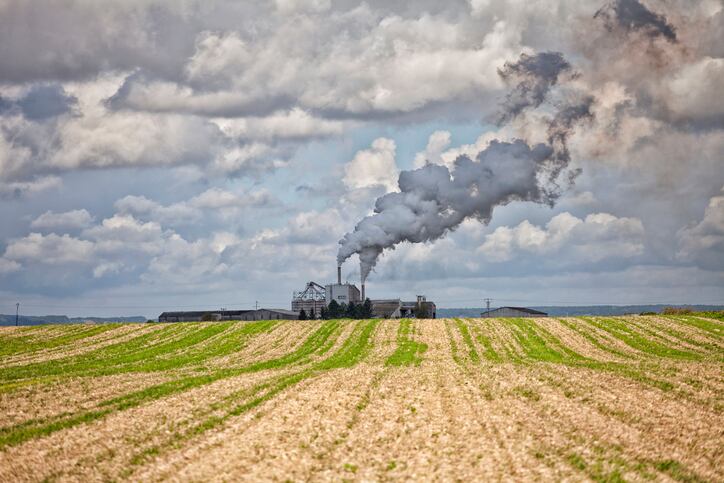In an announcement made at the COP26 summit, the leaders of Co-op, M&S, Sainsbury’s, Tesco and Waitrose signed WWF’s Retailers’ Commitment for Nature. This stated: “As CEOs of leading UK food retailers, we recognise that a future without nature is a future without food. By 2030 we collectively need to halt the loss of nature.”
The progress towards this will be tracked by conservation charity WWF. It claimed the global food sector is responsible for more than 30% of total climate emissions and 60% of nature loss.
WWF Chief Executive Tanya Steele said: “We can’t tackle climate change and keep global temperature rise to 1.5oC without halting nature loss - and we can’t save nature without changing what’s on our supermarket shelves.”
How will this be enforced?
WWF said the retailers will need to take action on each area of the ‘WWF Basket’, which focuses on seven of what it calls the most urgent and devastating environmental issues the food system has an impact on: climate change, deforestation & conversion, agriculture, marine, packaging, food waste and diets.
Under each of these areas sit several sub-measures that represent the priority areas for intervention to drive change. For example, reducing methane from cattle to tackle climate change; or ensuring that water resources in key fruit and veg sourcing regions are managed sustainably. These all lead up to the outcomes WWF would like to see.
The steps these supermarkets are taking will feed into WWF’s annual assessment that will track the food retail sector’s overall progress. This will be aligned with government ambitions to end deforestation and ecosystem destruction in key UK supply chains. WWF called this an important step as most palm oil (89%) and soy (65%) imported to the UK comes from countries with high deforestation and habitat destruction rates.
WWF anticipates each retailer will make contributions to this overall aim in line with their focus areas. However, WWF will be directly engaging with all retailers on their own footprints and identifying ways to move action on.
Steele added: “Food production is one of the biggest threats to our planet and we will only tackle the climate and nature emergency if food retailers play their part.
“The promises these CEOs have made are game changing and we hope other food retailers will follow in their footsteps so that every shopper can be confident that the products they buy aren’t fuelling the climate crisis and pushing precious wildlife closer to the brink.”
WWF’s Retailers’ Commitment for Nature builds on work started by WWF with Tesco to reduce environmental impacts of food production across key areas.
Tesco CEO Ken Murphy said: “Tackling the impact the food system has on our planet will require transformational change and collaboration across the industry. At Tesco we’ve already achieved a huge amount, including using 100% renewable electricity across our own operations in the UK and Europe, introducing a wide range of plant-based products for our customers, removing over 1 billion pieces of plastic, reducing food waste in our operations by more than 40%, and trialling ground-breaking innovations in our agricultural supply chains to cut emissions, such as the use of insect protein as animal feed. We’ve also set ambitious targets of achieving net zero across our own operations by 2035, and across our total emissions footprint, including our supply chains and products, by 2050.”





